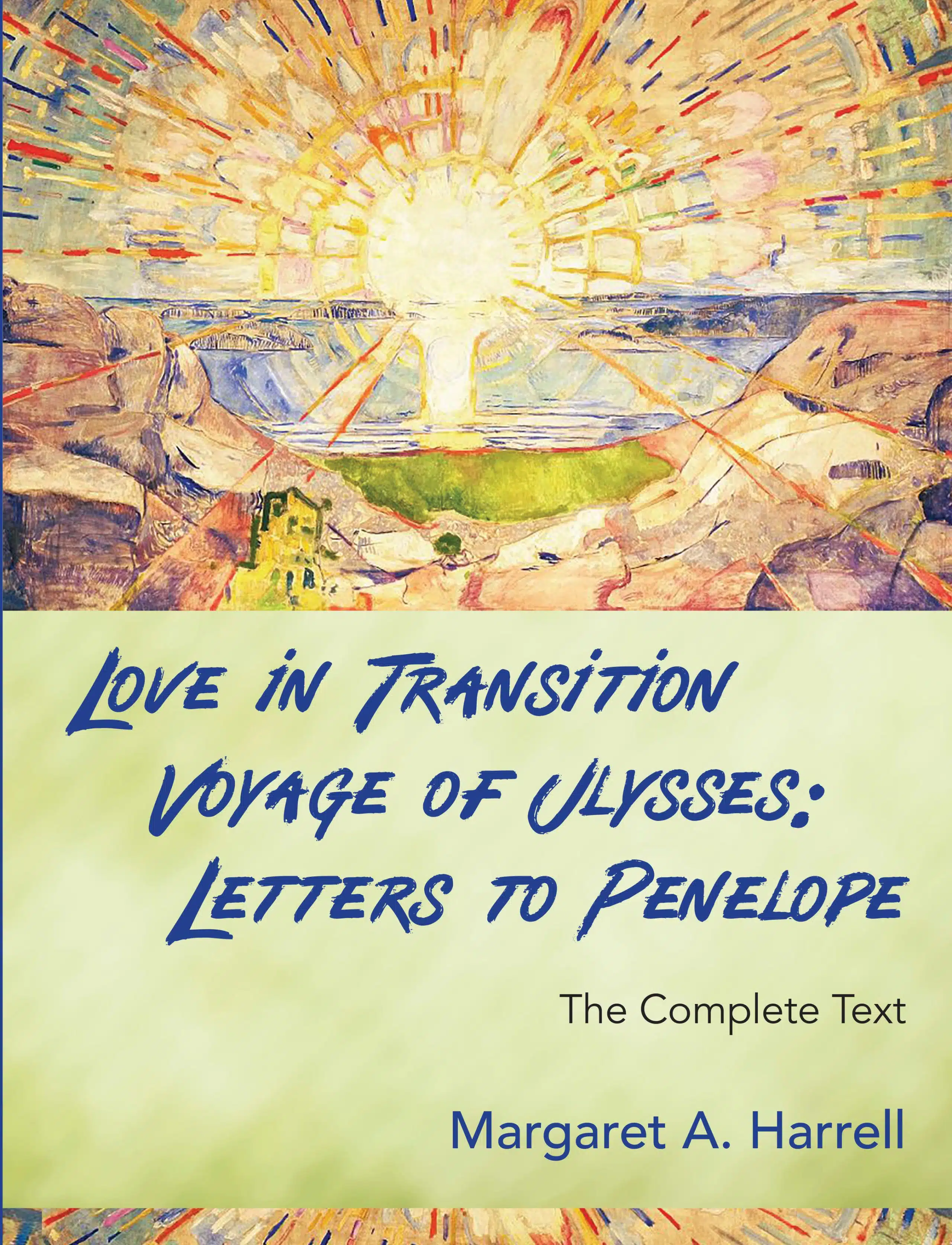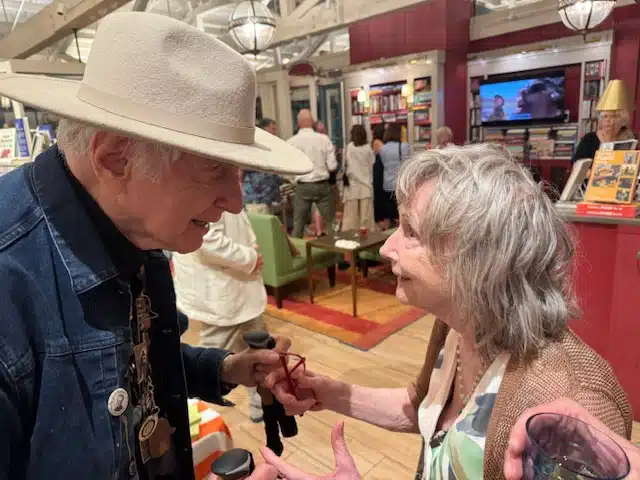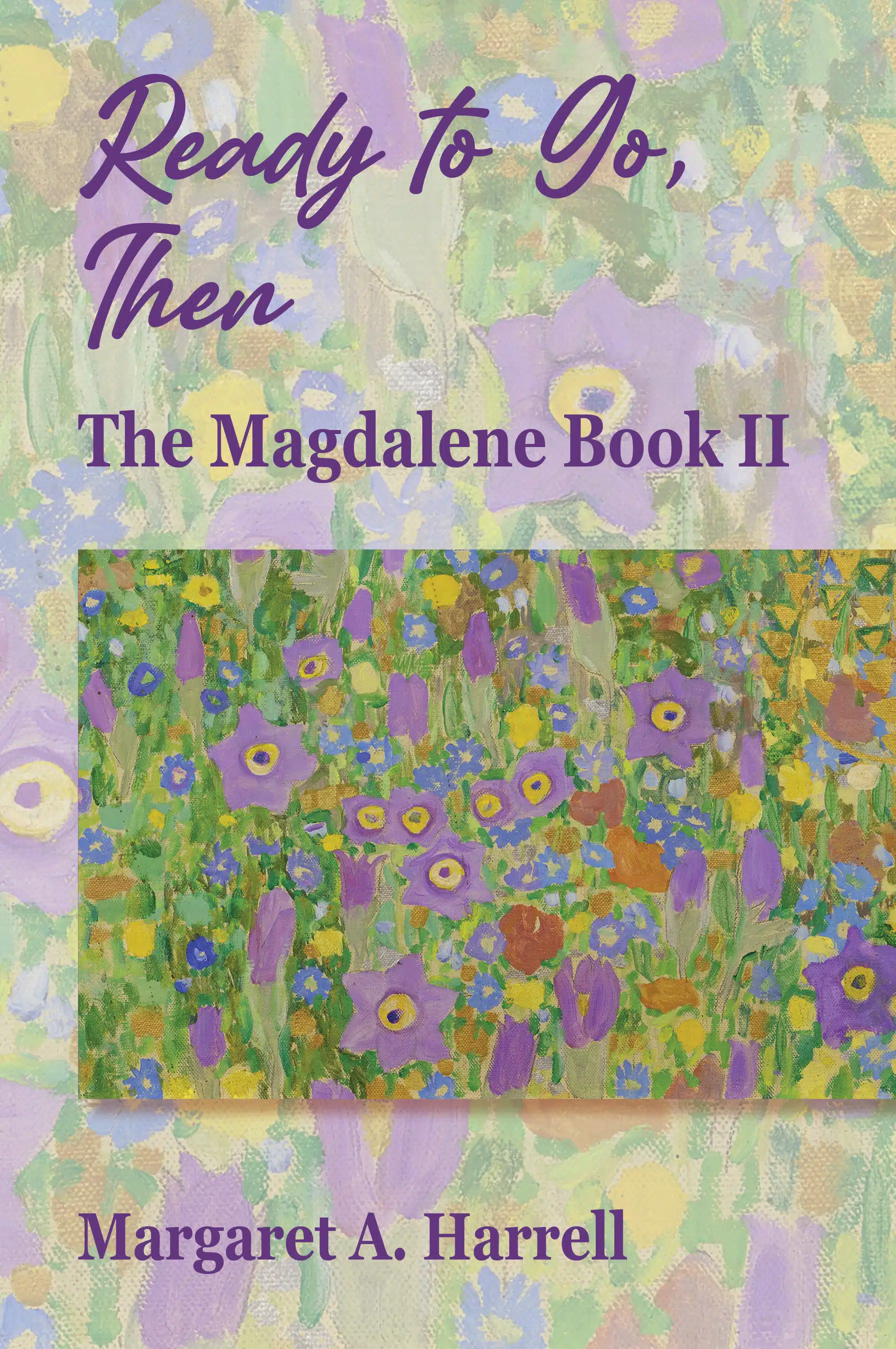You never have to change anything you got up in the middle of the night to write. – Saul Bellow
BUT:
Only the hand that erases can write the true thing – Meister Johann Eckhart
Which is it? The words of the famous thirteenth-century German mystic or the modern Nobel Prize for Literature winner? Both, of course.
Editing – writing – involves juggling these two basic truths. Sometimes a text comes out finished; the trick is to believe in it and not fiddle around. Other times, most of the time, a text may rush out, but it’s falling over itself with excess words.
I like to go through a process of feeling the energy in the work, feeling its form, the way Michaelangelo said a block of stone had the sculpture inside. His job was to chip away till it revealed itself. Instead of treasuring every individual word as untouchable, I find it very easy to stand back at a distance and observe a page, the whole, so that it’s clear what needs to be left with no marks at all and what needs to be gone over lightly or heavily, even with a razor blade for sharpness. A lot of that, the author can do before coming to me. It’s when the author feels either stuck or finished or just wants a jolt of energy, a new angle to keep writing through, a different lens, that the editor can help the author go to a new level.
In editing for someone, you do this one step removed, because you are looking to capture – surround in the best textual context – the author’s own voice and words.


